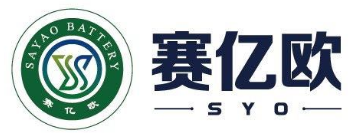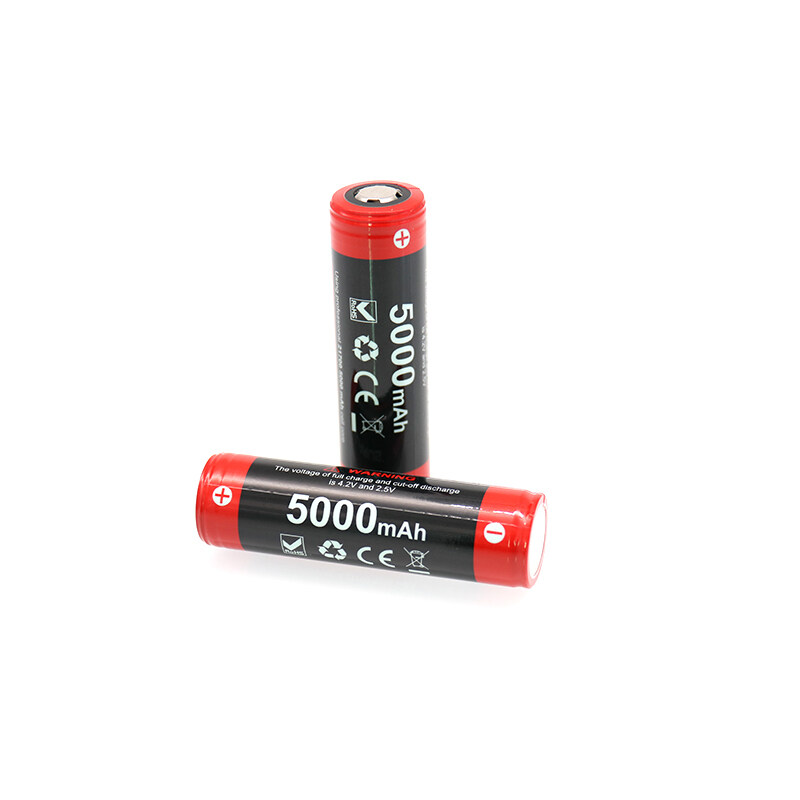KC” certification is the Korean National Standards Committee to implement the national unified certification mark, lithium batteries as a mandatory certification of products included in the scope of the KC certification directory.
First, the scope of KC certification of battery products
- Single battery (Cell): portable;
- Battery (Pack): single battery straight side-by-side assembly manufacturing;
- Carrying lithium single batteries with navigation functions or batteries and energy density per volume are not related to the object of application (used in the harsh conditions inside the car);
- Single cells and batteries used in portable medical devices, barcode and credit card readers, and other products are applicable;
- Carrying machines: MP3, electronic dictionaries, PMP, laptop computers, digital cameras and so on;
- Portable product breakdown: batteries used inside mobile products are also certified objects;
- Non-certified objects: vehicle drive, industrial use, medical use.
- Lithium batteries do KC certification considerations
- In the same organization to apply for the model can not be repeated.
2.KC certificate does not accept any change involving the basic model (change the model name, parameters, capacity, etc. ……), such as the need to change the certificate:
- Can only be considered to increase the series of models
- Can only cancel the original certificate to reapply for
- It is recommended that lithium battery products do not directly apply for KC certification, you can first apply for CB certification, and then use CB certification to KC certification, the benefits of doing so are as follows:
- The cost is relatively cheaper. Directly do KC is relatively expensive, and the need to send samples to South Korea for testing, increased courier fees and certification difficulties. And by first doing CB, and then CB to apply for KC certification, the cost is relatively cheaper, and do not have to send samples to South Korea.
- The cycle is relatively shorter. Directly do KC certification need to send samples to South Korea to test, send samples and test cycle basically need more than 3 months, and through the CB to apply for KC, CB certification cycle of 3-4 weeks, to KC only a few weeks, more than a month can be done KC certification, more efficient.
Third, KC 62133-02 (2020) regulations for button battery certification requirements of the update:
On January 4, 2021, KATS (Korea Agency for Technology and Standards) clarified the requirements for rechargeable button cell batteries to apply for KC safety certification. Batteries with a soft-packed form factor and a thickness smaller than the diameter (cells – maximum charging voltage of 4.4V or more, energy density of 700 Wh/L or more, used in smartphones, laptops, or tablets) fall under the scope of KC 62133-02(2020).

